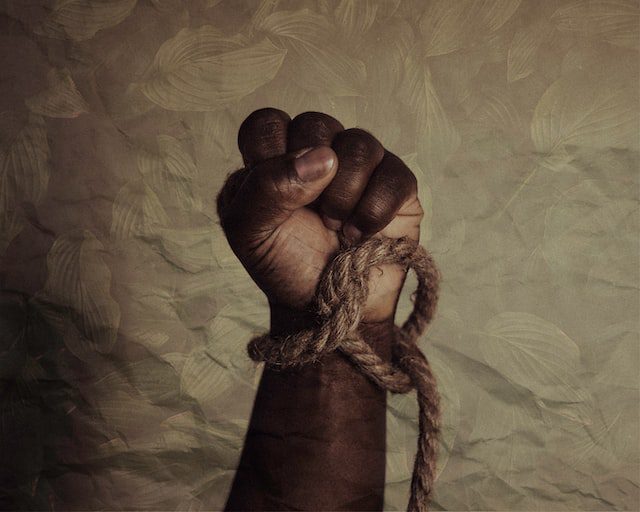
Exhibition lays bare Church of England’s links to slave trade
The news that the Church of England had links to the slave trade comes as no surprise. Anyone who knows even a little bit about the history of slavery knows that everyone from the Prince Regent down made money off of slavery. It was a global phenomenon.
Though slavery’s predicates varied, civilizations around the world had practiced it for millennia, and its tentacles spread through human history in tragic, strange ways. John Newton, the author of “Amazing Grace” was a slave trader before his conversion and before that he was the slave of an African Princess. The practice was so widespread and taken for granted that William Wilberforce was by himself in his opposition to the slave trade when he began his crusade against it.
None of this is to argue that slavery was not an abomination. Nor is it to excuse the failure of more than one part of the church to come to grips with the sin of slavery. It was.
But we should not be surprised. We should not pretend to be surprised. And public acts of contrition are not enough.
We should draw on the lessons of history to oppose its modern manifestation. As one report notes:
Over 40 million people are caught up in human trafficking worldwide today. 25% of them are children. The average age of those children is between 12 and 14. The youngest of them are 3 years old. A child is sold for sex between twenty to thirty times a day.
Human trafficking has surpassed the illegal sale of arms & it’s expected to surpass the sale of drugs in the next few years.
This is the fastest-growing and second-largest criminal enterprise in the world generating over $150.2 billion illegal profits a year, of which $99 billion comes from sexual exploitation.
In 2018, over half (51.6%) of the criminal human tracking cases active in the US were sex tracking cases involving only children.
What is frightening to contemplate is how many people need to be directly involved in an operation of that size. It is even more frightening to contemplate how many “consumers” of that product need to be out there to make it possible and profitable.
Modern slavery is taken for granted just as much as it has been in any generation. Jeffrey Epstein, Prince Andrew, and a host of other, prominent, unnamed customers have gone unpunished for their crimes. Without impunity, politicians as prominent as Nancy Pelosi talk about immigrants, observing, someone needs “to pick our crops”.
If the church, all around the world, wants to do something about slavery by way of making amends for its complicity in the practice of slavery, it should devote itself to battling the monster that is modern slavery. Rehearsing the sins of the past without taking action against the modern slave economy is little more than an exercise in virtue signaling.
There is at least one Anglican organization in the UK that is dedicated to this work, but it is not sponsored by the Church of England itself. And there are a number of valuable organizations battling modern slavery in the United States, but none of them (that I am aware of) are directly funded and supported by mainline denominations. More can and should be done.
The history of slavery should not be ignored and the historical task of exploring its development should not be neglected. But if those efforts lead to little more than a rehearsal of the sins of the past, then the exercise will be of little value.
The only thing that could be worse than the original sin of slavery is to repeat that history by failing to change its modern manifestation.












